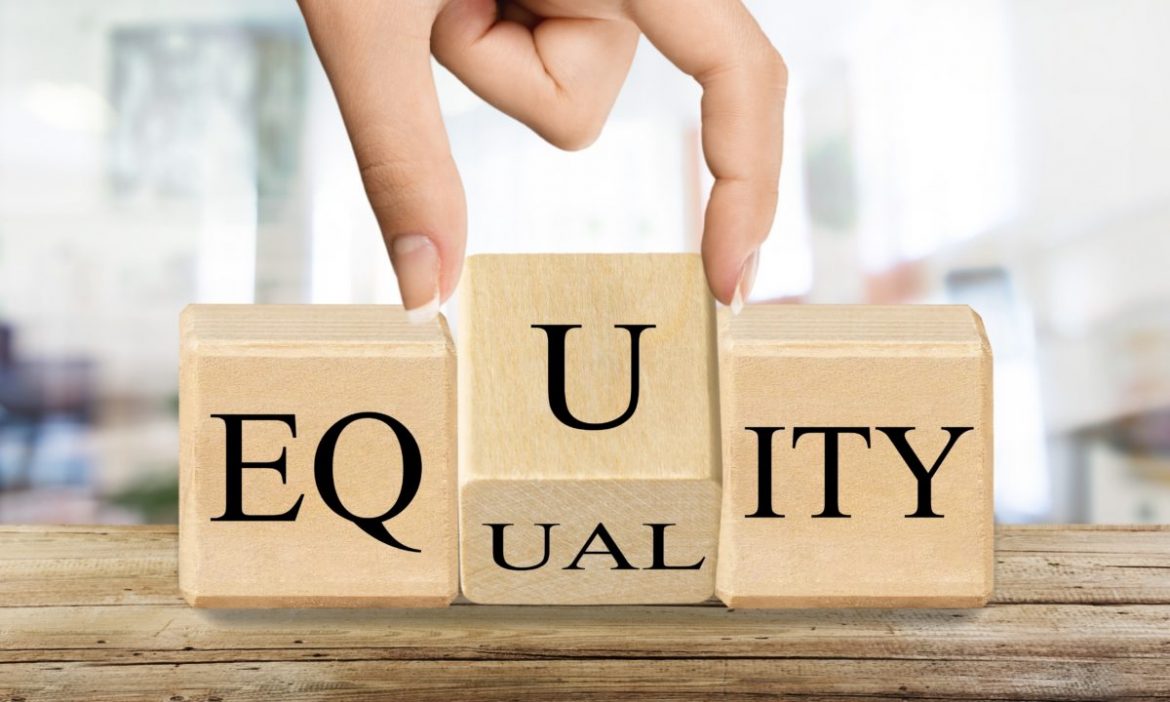Equity is a term that is commonly used in the financial world, but what exactly does it mean? Is equity an asset? The answer to this question is not as straightforward as one might think. In this blog post, we will explore the concept of equity and its relationship to assets.
Firstly, let's define equity. Equity refers to the ownership interest in a company or property. It represents the residual value of an asset after all liabilities have been paid off. In other words, equity is the value of an asset that belongs to the owner after all debts and obligations have been settled.
Now, let's move on to the question at hand: is equity an asset? The answer is yes, equity is considered an asset. However, it is important to note that not all assets are created equal. There are two main types of assets: tangible and intangible. Tangible assets are physical assets such as property, equipment, and inventory. Intangible assets, on the other hand, are assets that do not have a physical presence, such as patents, trademarks, and goodwill.
Equity falls under the category of intangible assets. It represents the value of a company's brand, reputation, and customer base. While it may not have a physical presence, it is still considered an asset because it has value and can be bought and sold.
It is also important to note that equity can be a volatile asset. The value of equity can fluctuate based on a variety of factors such as market conditions, company performance, and investor sentiment. This volatility can make equity a risky investment, but it can also provide the potential for high returns.
In conclusion, equity is indeed an asset. It represents the residual value of an asset after all liabilities have been paid off and falls under the category of intangible assets. While it can be a volatile asset, it has value and can be bought and sold. As with any investment, it is important to do your research and understand the risks involved before investing in equity.


